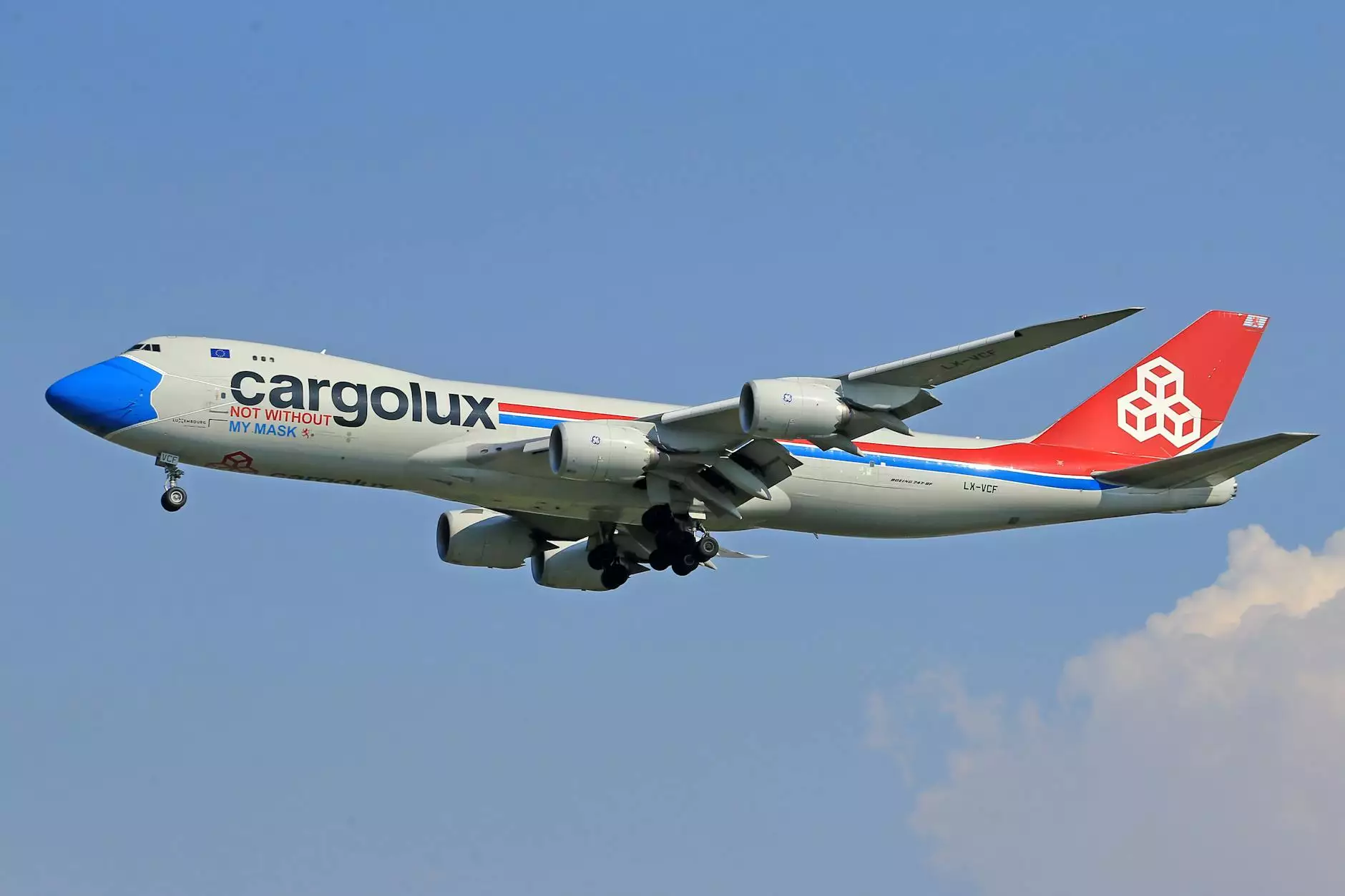Understanding Air Cargo Charges: A Comprehensive Guide

In today's globalized economy, air cargo has become an essential part of the logistics and supply chain management process. The ability to transport goods quickly across vast distances is invaluable for businesses, especially with the rise of e-commerce. However, many companies face the challenge of understanding the intricacies of air cargo charges. This article aims to demystify these charges, offering insights on the factors influencing costs, and providing tips for managing expenses effectively.
What Are Air Cargo Charges?
Air cargo charges refer to the fees incurred when shipping goods via air transport. These charges can vary widely based on several factors, including the weight and dimensions of the shipment, the destination, the type of cargo, and additional services required. Understanding these charges is crucial for businesses to ensure they budget accurately for shipping costs and optimize their logistics operations.
Breakdown of Air Cargo Charges
To better understand air cargo charges, it's essential to break them down into several key components:
1. Base Rate
The base rate is the fundamental cost of transporting goods by air. It is calculated based on the weight of the shipment, often expressed in terms of chargeable weight. The chargeable weight is determined by comparing the actual weight and the volumetric weight, using the following formula:
- Volumetric Weight (kg) = (Length x Width x Height) / 6000
2. Fuel Surcharges
Fuel surcharges are additional fees that account for fluctuations in fuel prices. These surcharges can significantly impact the overall cost of air freight. Shippers should be aware of the current fuel surcharge rates, as they can vary by carrier and route.
3. Security Fees
With heightened security measures in air transportation, security fees have become standard. These charges are applied to cover the costs of screening cargo and ensuring compliance with international security regulations.
4. Terminal Handling Charges (THC)
Terminal handling charges are fees collected by airports for the handling of cargo at the terminal. These charges can vary from one airport to another and include services such as loading and unloading cargo, as well as storage fees for goods awaiting transport.
5. Insurance Costs
Insurance is often recommended to protect goods during transit. The cost of insurance will depend on the value of the goods being shipped and the coverage levels selected by the shipper.
Factors Influencing Air Cargo Charges
Several factors can influence air cargo charges, making it crucial for businesses to understand how each impacts their overall shipping costs.
1. Weight and Dimensions
The weight and dimensions of your shipment play a pivotal role in determining air cargo charges. Heavier and larger shipments generally incur higher costs. Businesses should aim to optimize packaging to reduce unnecessary weight and volume where possible.
2. Destination and Route
The destination affects shipping costs due to varying routes, fuel prices, and terminal handling fees. Some destinations may have more direct routes, while others may require additional stops, thus increasing the overall cost of air freight.
3. Type of Cargo
Different types of cargo can attract distinct charges. For instance, hazardous materials or perishable goods may incur additional fees due to the special handling they require. Understanding these distinctions can aid in budgeting accurately for shipping costs.
4. Urgency of Shipment
If your shipment is time-sensitive, you may opt for express services, which typically come at a premium. In contrast, standard shipping options may offer lower rates but take longer for delivery. Businesses must balance their need for speed against the associated costs.
How to Manage Air Cargo Charges Efficiently
Managing air cargo charges effectively can lead to significant cost savings for businesses. Here are some strategies to consider:
1. Compare Carriers
Different carriers offer varying rates and services. Utilizing a freight forwarder or logistics company can help you access multiple quotes, allowing you to choose the best option that fits your budget and service needs.
2. Leverage Technology
The modern logistics landscape is increasingly driven by technology. Utilizing transportation management systems (TMS) can help businesses automate shipping processes, track shipments in real-time, and analyze data to optimize logistics performance.
3. Negotiate Rates
If you regularly ship large volumes, consider negotiating rates with your chosen carrier. Building long-term relationships can often lead to discounts and more favorable terms.
4. Educate Your Team
Ensuring that your logistics team understands air cargo charges and their implications can lead to better decision-making. Providing training on shipping processes and cost management can empower teams to find efficiencies in shipping operations.
5. Use a Freight Forwarder
Freight forwarders can be invaluable partners in navigating the complexities of air cargo charging. They understand the nuances of shipping and can provide guidance on best practices to minimize costs while ensuring timely delivery.
Conclusion
In conclusion, comprehend the various components of air cargo charges is essential for any business that relies on air freight for their logistics needs. By understanding how charges are calculated, the factors affecting costs, and implementing strategic management practices, businesses can effectively optimize their air cargo expenses. Enlisting the help of experts and leveraging technology further enriches the shipping process, ensuring that your goods reach their destination safely and cost-effectively.
Get Started with Cargobooking.aero
For businesses looking to streamline their air freight operations and understand air cargo charges better, Cargobooking.aero offers a comprehensive platform to assist in booking air cargo. Embrace the efficiency of air shipping today, and contact us for tailored solutions to meet your shipping needs.
air cargo charges








